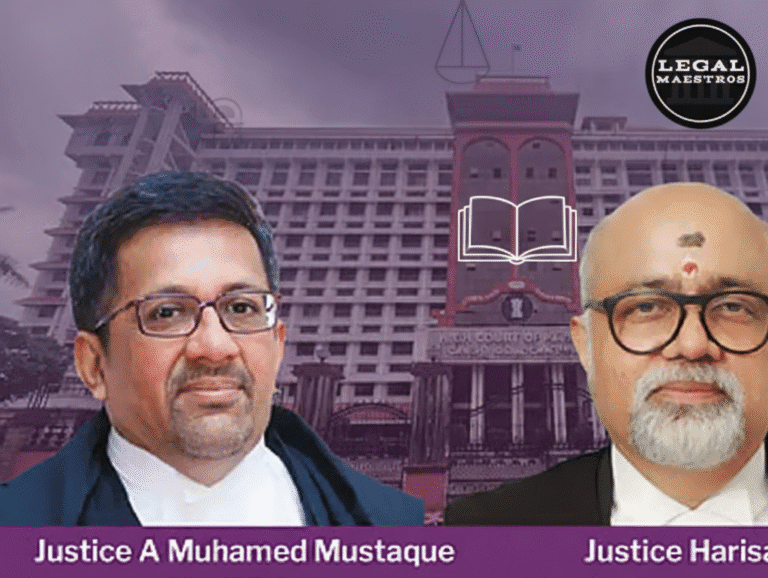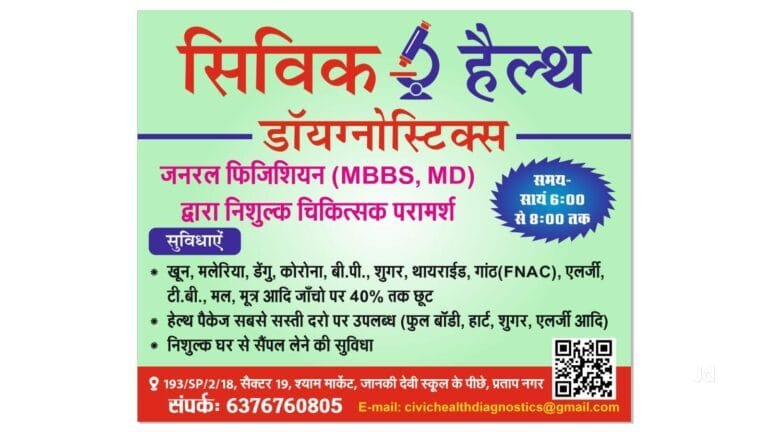
Understanding the Legal Framework for Confessions to Police: Rights, Coercion, and the Impact on Criminal Cases
In the criminal justice system, confessions are the cornerstone of investigations and trials. The manner in which confessions are obtained is therefore critical, since it directly determines their admissibility in court and the protection of individual rights. This article discusses the legal framework governing confessions to police, focusing on the rights of the accused, the issue of coercion, and implications for criminal cases.
**Legal Framework Governing Confessions**
In India, the admissibility of confessions is primarily governed by the Indian Evidence Act, 1872. Section 25 of the Act explicitly states that confessions made to police officers are inadmissible in court. This provision aims to prevent the use of coerced or involuntary confessions, ensuring that any admission of guilt is made voluntarily and without undue influence. ([lawctopus.com](https://www.lawctopus.com/clatalogue/clat-pg/types-and-admissibility-of-confession-under-indian-evidence-act/?utm_source=chatgpt.com))
For any queries or to publish an article or post or advertisement on our platform, do call at +91 6377460764 or email us at contact@legalmaestros.com.
**Rights of the Accused**
The rights of the accused in police interrogation are integral to the criminal justice system. Article 20(3) of the Constitution of India, which declares that no person shall be compelled to be a witness against themselves, provides this constitutional protection, further supported by the provisions of the Indian Evidence Act, such as confessions made voluntarily and not under any sort of duress.
For any queries or to publish an article or post or advertisement on our platform, do call at +91 6377460764 or email us at contact@legalmaestros.com.
In addition, the Supreme Court of India has underlined the significance of informing the accused of his rights during interrogation. In the landmark case of *D.K. Basu v. State of West Bengal*, the Court issued guidelines to prevent custodial torture and ensure the protection of the accused’s rights during police custody.
**Coercion and Its Impact on Confessions**
For any queries or to publish an article or post or advertisement on our platform, do call at +91 6377460764 or email us at contact@legalmaestros.com.
The psychological aspect of coercion also plays a big role. Compelled people subjected to high degrees of pressure end up giving untrue confessions out of desperation of getting out of the situation they are in. Such confessions not only abuse the rights of the accused, but it will also result in miscarriages of justice because there is a risk of wrong people being convicted over unreliable evidence. ([ijariie.com](https://ijariie.com/AdminUploadPdf/INTERROGATIVE_COERCION__UNRAVELING_THE_LEGITIMACY_OF_CONFESSION_OBTAINED_UNDER_DURESS_IN_CRIMINAL_INVESTIGATIONS%E2%80%9D_ijariie23871.pdf?srsltid=AfmBOoq4605N6QhgMkq7JpWugN0WpzrjsLbuz0u9LA_1FEqaF635lYlU&utm_source=chatgpt.com))
The manner in which confessions are obtained has very deep implications for criminal cases. An involuntary confession may taint the entire investigation, leading to wrongful convictions and a loss of public trust in the system. Courts are therefore aptly vigilant as they scrutinize circumstances under which confessions are held, ensuring they meet relevant legal standards and protect the rights of the accused.
In the case of *Nandini Satpathy v. P.L. Dani*, it was held that a confession is inadmissible if it was made under pressure or coercion by the Supreme Court. The emphasis is on voluntary confessions free from any type of inducement, threat, or promise. This again reflects the strong commitment of the judiciary to defend the rights of the accused as well as for confessions that are reliable and obtained lawfully.
For any queries or to publish an article or post or advertisement on our platform, do call at +91 6377460764 or email us at contact@legalmaestros.com.
**Conclusion**
The legal framework governing confessions to police in India is designed to protect the rights of the accused and ensure the integrity of the criminal justice system. By prohibiting coerced confessions and emphasizing the need for voluntariness, the law seeks to prevent miscarriages of justice and uphold the principles of fairness and justice. It is highly important that, on their end, law enforcers maintain these legal principles, and judicial bodies continue monitoring the admissibility of the confessions into evidence to guarantee public confidence in the legal procedure.
– [reuters.com](https://www.reuters.com/world/india/indias-lawyers-activists-protest-against-new-criminal-laws-2024-07-08/?utm_source=chatgpt.com)
For any queries or to publish an article or post or advertisement on our platform, do call at +91 6377460764 or email us at contact@legalmaestros.com.
– [reuters.com](https://www.reuters.com/world/india/some-key-provisions-indias-new-criminal-laws-2024-07-08/?utm_source=chatgpt.com)
– [reuters.com](https://www.reuters.com/world/india/india-aims-curb-judges-arbitrary-sentences-criminals-sources-say-2024-11-05/?utm_source=chatgpt.com)






